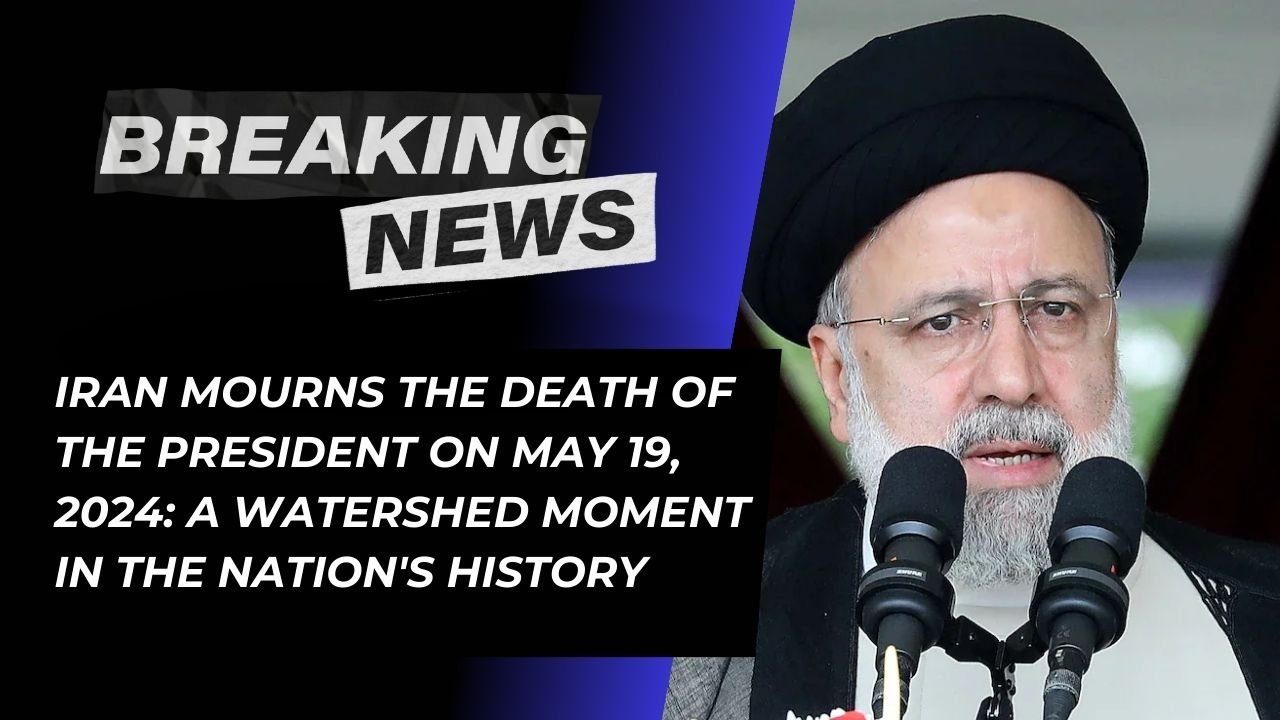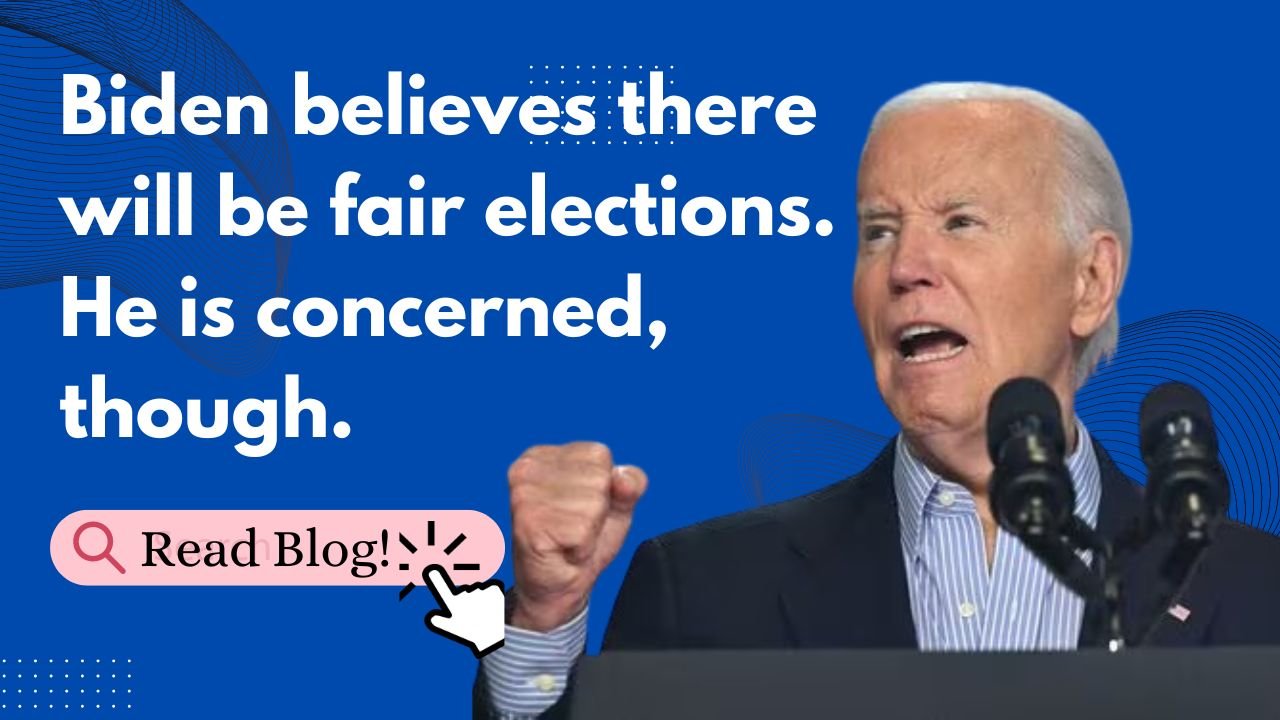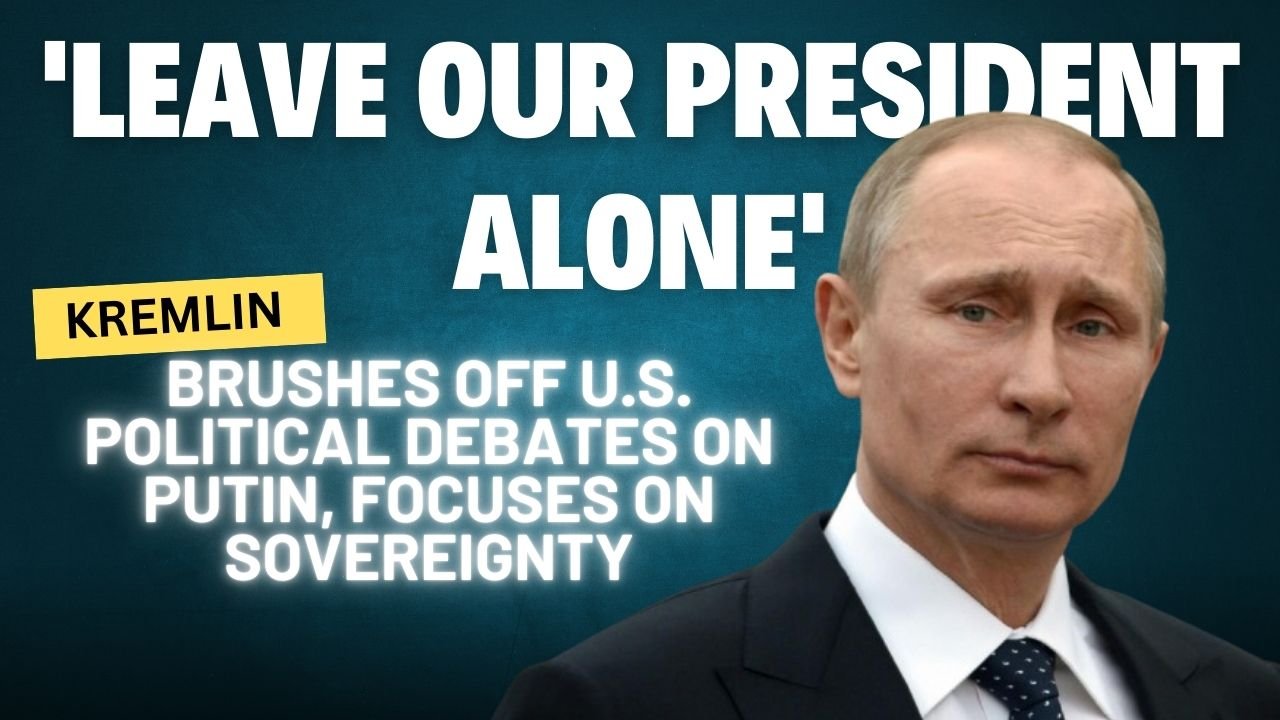Iran’s President Ebrahim Raisi Killed in a helicopter Crash: The unexpected passing of Iran’s president on May 19, 2024, has shocked and confused the country. This unexpected development has significant ramifications for international relations, regional stability, and Iran’s political climate. The world is paying great attention to the nation as it mourns the loss of its leader and attempts to comprehend the possible consequences of this momentous event.
President’s Legacy and Leadership Ebrahim Raisi Killed in a helicopter Crash
The President of Iran was a significant person in the recent history of the country; he died on May 19, 2024. A combination of aggressive foreign policy and home reforms characterized his administration. Iran saw a number of economic efforts under his direction that were intended to promote technical innovation and lessen the country’s dependency on oil exports. He envisioned large expenditures in infrastructure, education, and renewable energy for Iran. Throughout his presidency, the late president worked to strengthen international ties and the economy. Many people are concerned about Iran’s future and the legacy he leaves behind in light of his unexpected demise. For many Iranians, the president served as a uniting figure despite criticism from different factions. His attempts to reconcile the nation’s conservative and reformist factions were regarded as essential measures toward achieving national unity. His passing creates a significant vacuum in Iranian politics and raises concerns about the country’s future course.
Immediate Political Repercussions
Within Iran’s political circles, there has been a lot of activity since the president’s passing. The Supreme Leader and the Guardian Council are key players in the succession process, which is outlined in the nation’s constitution, and will choose who will be the next president. There will probably be a lot of political scheming during this transitional era as various factions compete for power. Iran is going through a difficult time right now, and many are wondering what will happen to the late President and who will take over. Iran’s political climate is probably going to change as politicians fight for influence and authority. There might be temporary instability as a result of the uncertainty surrounding the succession. It is certain that influential politicians and power brokers would want to solidify their positions, which might cause internal disputes and changes in alliances. Both domestic and foreign observers will be keeping a careful eye on Iran’s government’s stability throughout this time.
Impact on Domestic Policies
Iran’s internal policies are probably going to be significantly impacted by the death of the president. As new leadership takes office, his administration’s emphasis on modernization and economic diversification may encounter difficulties. Important initiatives and changes started under his direction may be postponed or altered based on his successor’s goals. Changes may also be made to social policies, particularly those that deal with freedoms and human rights. The President had a reputation for taking a fairly progressive stand on social matters, supporting more liberties within the boundaries of the Islamic Republic. The next administration’s ideological stances will have a significant impact on the continuation of these measures.
Regional and International Implications
Iran’s position in the Middle East has always attracted considerable attention from throughout the world. The passing of the president may cause Iran’s foreign policy strategy to shift, especially in how it interacts with its neighbors and other major nations. His government was marked by a combination of difficult relationships and strategic partnerships, particularly with Western nations. ties between Europe and the United States Iran managed a difficult relationship with the United States and Europe under the late President. Despite efforts to bring the nuclear accord (JCPOA) back to life, geopolitical conflicts and sanctions kept tensions high. The future of Iran’s relations with Western countries will be greatly influenced by the new leadership’s position on these matters. In the event that the successor takes a more assertive stance, regional tensions may rise and diplomatic attempts may be derailed. On the other hand, a leader who values diplomacy and negotiation may rekindle discussions and work to loosen economic sanctions in an effort to stabilize the country’s economy.
Influence in the Middle East
With the president’s passing, Iran’s influence in the Middle East—especially its backing of proxy organizations and participation in local conflicts—will come under intense scrutiny. The policies of the incoming government may cause a change in the regional power structure. Iran’s participation in Yemen, Syria, and Iraq, as well as its ties to Gulf nations like Saudi Arabia and the United Arab Emirates, are important areas of concern. Iran’s people are taking time to commemorate the late President and the influence he had on the country, despite the problems that lie ahead. We shall never forget his commitment to public service and his dream of a better Iran. A shift in power might result in a more conciliatory strategy geared toward lowering tensions and promoting cooperation, or it could support Iran’s robust regional posture. The latter possibility may provide opportunities to settle long-standing disputes and improve stability in the area. While Iran laments the passing of its president, the country also needs to consider the future. The future that Iran and its people choose will be decided in the days to come. There is hope for a better tomorrow, despite the sadness and uncertainty.
Economic Consequences
One of the main pillars of the president’s administration was his economic policy. His passing raises some questions about whether these policies will remain in place. Investors and financial experts will be intently observing how the new administration handles persistent issues like unemployment, inflation, and the effects of foreign sanctions.
Energy Sector
Iran’s energy industry is vital to the country’s economy, especially its exports of gas and oil. The late President advocated for investments in renewable energy sources and diversity. The new administration’s goals will determine how these programs proceed in the future. It might not be in line with global trends toward renewable energy, but a return to a more conventional dependence on oil exports is conceivable.
Investment and Trade
Trade ties and foreign investment are likewise at a crossroads. Investor confidence may be impacted by the initial period of uncertainty that the president’s death may cause. A clear and secure transition, however, may allay these worries and even draw in fresh capital, particularly if the next administration makes it obvious that they are committed to both international collaboration and economic reforms.
The passing of Iran's president on May 19, 2024, is a pivotal moment in the history of the country. The choices and actions of Iran's political elite will be crucial in determining the course of the nation as it moves through this era of transformation. With the hopes of bringing stability and maybe opening up new avenues for diplomatic relations, economic growth, and regional peace, the world community will be keeping a careful eye on this transition in leadership. Iran's future course will surely be influenced by the late president's legacy and the direction his successor takes. The country is in mourning, but it is also at a crossroads where opportunities and challenges might lie.
In Conclusion



